Bhargav TS
Precision forged and machined component manufacturer Sansera Engineering Private Limited is all set to commence manufacture of connecting rods for Volkswagen India. To support the German auto major, Sansera has created a dedicated line at its Bommasandra plant in Bangalore. Sansera manufactures a wide range of engine components such as crankshaft assemblies, rocker arms, connecting rods, gear shifter forks and fuel injection parts.
“We will be supplying connecting rods to Volkswagen India for their diesel engines, which are to be manufactured in their new engine facility in Chakan near Pune. The order from Volkswagen is an endorsement of our strong engineering and manufacturing capabilities,” said the Chairman & Managing Director of the company S Sekhar Vasan in an exclusive interview to Auto Components India. “We are adding 2 to 3 new customers and new products to our existing product portfolio every year.”
With expertise gained in different operations, the company has reduced the product development time from over 6 months to less than 3 months now. This capability has given enough confidence to customers to source more components from them. One of the interesting aspects of Sansera is that over 80% of the machines deployed in its manufacturing facilities are built in-house. The company designs and manufactures CNC machines according to its product requirement. It has also developed software for periodic calibration of jigs and fixtures.
Vasan, who spearheads the machine building division with capability to manufacture 2 to 6 machines a month, says “By doing so we get benefit in terms of power consumption and we can right-size everything including the footprints according to our needs. Moreover, engineering capability has grown tremendously, which helps us during machine breakdown time. If we are buying the machines from outside and if it has some problem, we have to wait for the machine supplier to repair it, but now we are doing it immediately, which saves time and cost.”
Sansera has also deployed ‘vision system’ for inspection; products assembled will be imaged by digital camera and the image analysed for critical parameters. In the case of final inspection of connecting rods, a robot inspects the components and segregates it according to the bore and weight of each connecting rod. This helps in curtailing rejections.
The company has also reduced the cost of components by proposing an alternative manufacturing process, where some customers have benefited to the extent of about 30%. This is achieved by using a different manufacturing process and materials which meet their functional requirements. Normally, Sansera manufactures components according to the drawing; now, after getting experience of more than 25 years, it has started co-developing the products along with the OEs. By doing so the company is eliminating issues that crop up during manufacturing, thereby reducing the overall cost of components.
Queried on the scope of weight reduction of products manufactured by Sansera, F R Singhvi, Joint Managing Director said, “Normally the components manufactured by us are designed by the OEMs, who are taking steps to reduce the weight and we are following it. Now, with the help of our engineering team we also suggest to OEMs on the areas of weight reduction. We have started using higher strength materials whereby the weight of the components has come down. Recently we started using a material 36MnVs4, wherein the strength of the steel is much higher.”
Going forward, Sansera plans to set up a testing centre in one of its manufacturing facilities. “Currently, the components manufactured by us are tested by our customers in the engine. But certain level of testing can be done initially before it is put into engine test like dynamo test and fatigue test. We will do it incrementally and we will offer services one by one. To start with we will get into fatigue testing very fast and then we will go into x-ray die fraction for some metallurgical testing. All these tests are done initially as per design verification and for the final test it is fitted in the engine,” states Singhvi.
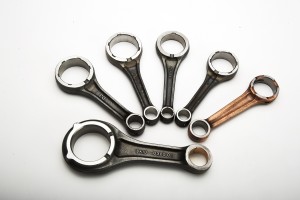 Globally, downsizing the engine is the scenario and India is getting recognition in manufacture of small engines. Global OEMs who have engine manufacturing facility in India are currently concentrating more on exports and the domestic market. Singhvi feels that India is going to become a huge exporter of engines alone particularly for the small car segment.
Globally, downsizing the engine is the scenario and India is getting recognition in manufacture of small engines. Global OEMs who have engine manufacturing facility in India are currently concentrating more on exports and the domestic market. Singhvi feels that India is going to become a huge exporter of engines alone particularly for the small car segment.
Sansera is manufacturing connecting rods and crankshafts, which are mostly done in-house by the OEMs. But now, with the help of its engineering division, the company is working with customers on engine components design, which is to be launched in 2018-19. To tap the premium bike segment (above 150cc) Sansera is also gearing up to manufacture single-piece crankshafts. The company feels this is going to have huge growth potential as it is the main engine part for premium bikes.
The company is also seriously looking at low cost automation, where it wants to increase productivity. A number of processes in the machining and forging of connecting rods have already been automated. Currently, the plant is semi-automated and the company feels that there are some more critical operations where it sees further scope for automation. “Initially we started automating the close tolerance operations and currently the final inspection is done by a robot. This helps us in sending ‘zero’ defect part to our customer; out of 570 suppliers from Asia Pacific region to the entire Fiat Group worldwide, we were the Number 1 Quality Supplier in the category of forged and machined parts in the year 2012,” says Vasan with pride.
The component manufacturer will also be expanding its Bommasandra facility by adding a forging press to increase capacity from the current 4 million connecting rods to 10 million. Singhvi says, “The capacity plan and the orders that we have, requires us to expand our capacity at the Bommasandra facility. During the expansion phase we are setting up a new line for machining and forging. To set up another forging line, we will be investing Rs 10 crore. We are continuously expanding all our plants, where we have invested Rs 80 crore last year and this year we propose to invest about Rs 120 crore, which includes land, building, and machinery.”
The Bangalore-based company is also supplying transmission parts to Toyota and Honda Cars India. Interestingly, Sansera is the first company to manufacture gear shifters from forgings, which are now exported to 3 countries. Recently, the company forayed into the heavy commercial vehicle business by bagging an order from Daimler India Commercial Vehicles to supply intermediate rings for their wide range of trucks.
Sansera has now also started manufacturing common-rail injector body and fuel injectors for fuel injection systems. This is in conjunction with supplying parts to Bosch. As part of its diversification plan, the company has entered into manufacturing of components for aerospace since 2010. Currently it manufactures parts for seating systems, cargo systems and lighting system for the aerospace sector, supplying to Goodrich and Magellan.
Since inception in 1987, Sansera has been adding new products and customers every year and currently it serves 25 customers and has more than 20 products in line. Globally, it supplies rocker arms to Honda Motorcycles, Yamaha, Suzuki and General Motors, and connecting rods to FPT Powertrain Technologies. Last year the company recorded an export turnover of $22.73 million; it plans to grow by more than 50% this year. In the domestic market, the company has targeted growth of more than 25% over last year’s turnover of $103.6 million. ACI


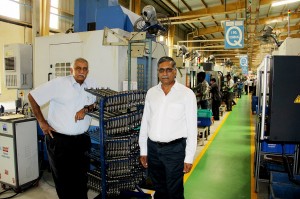
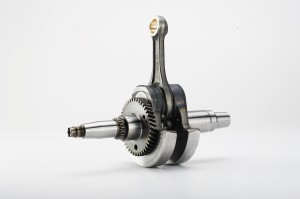
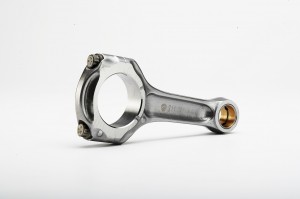
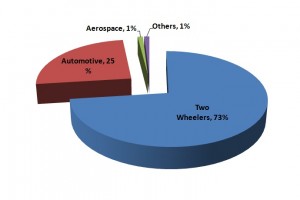
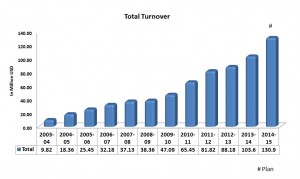

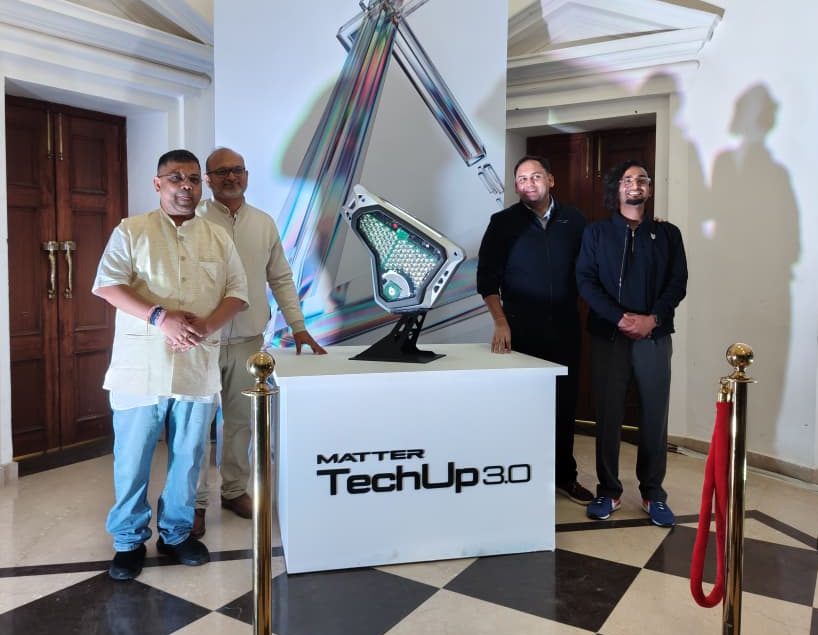
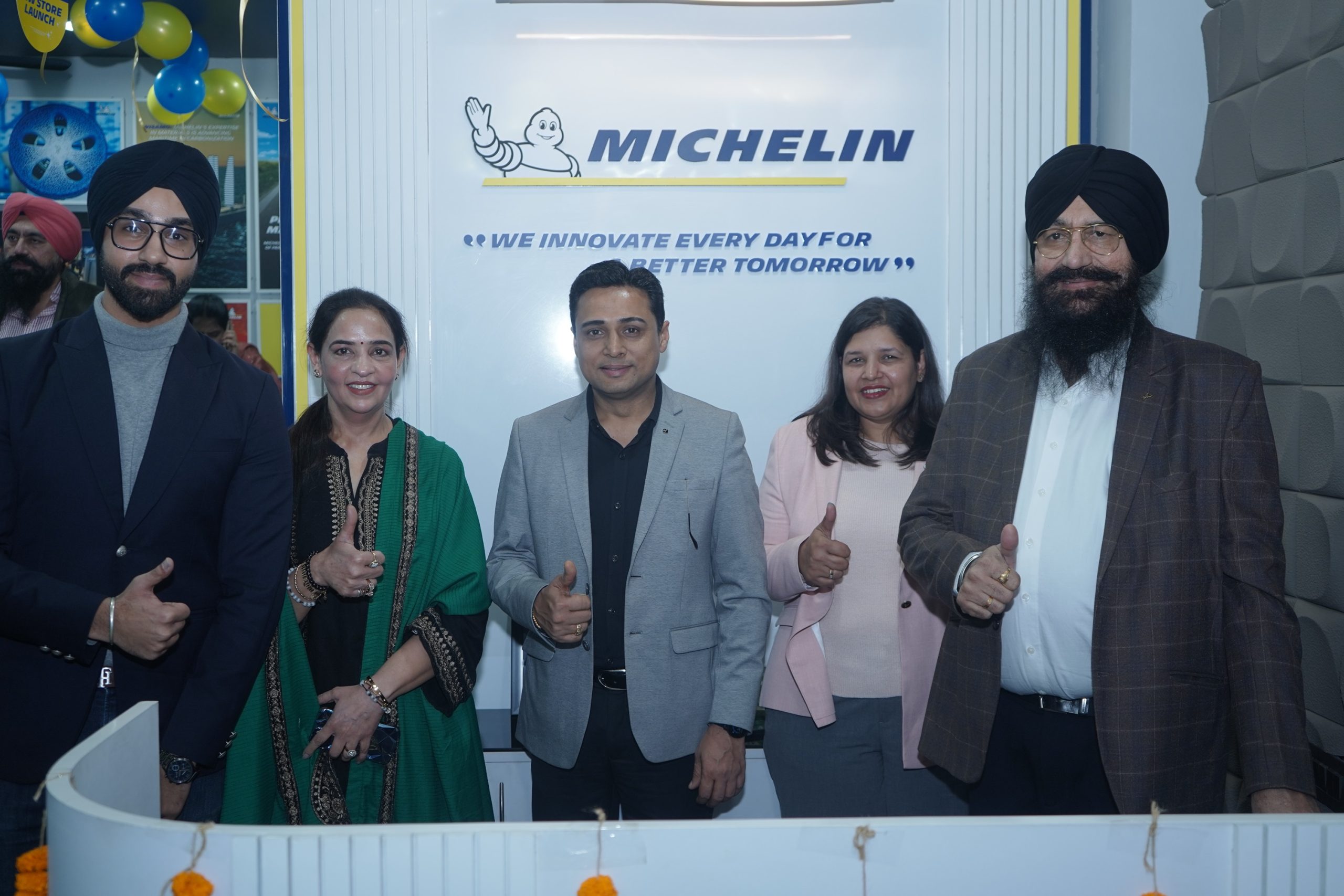
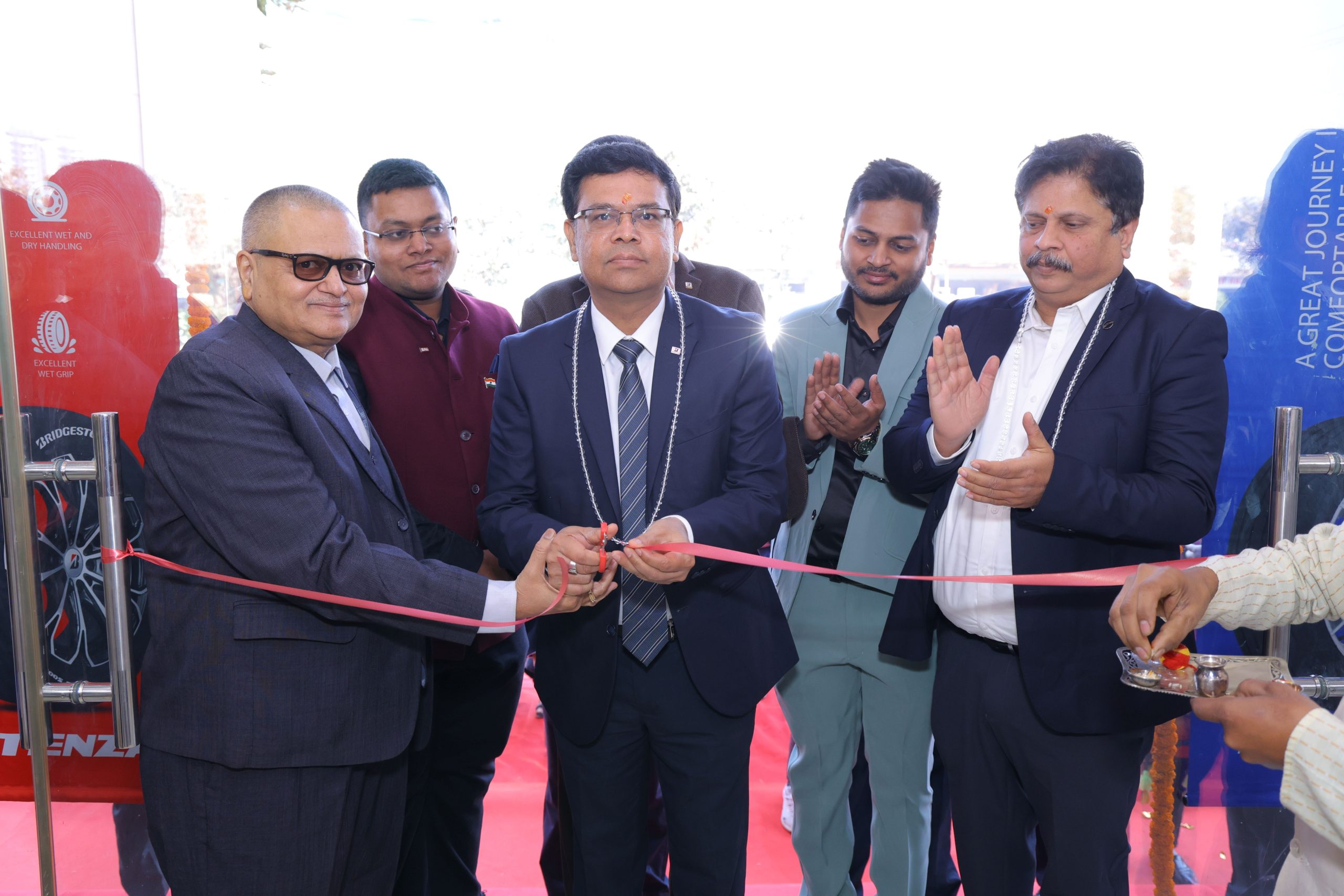
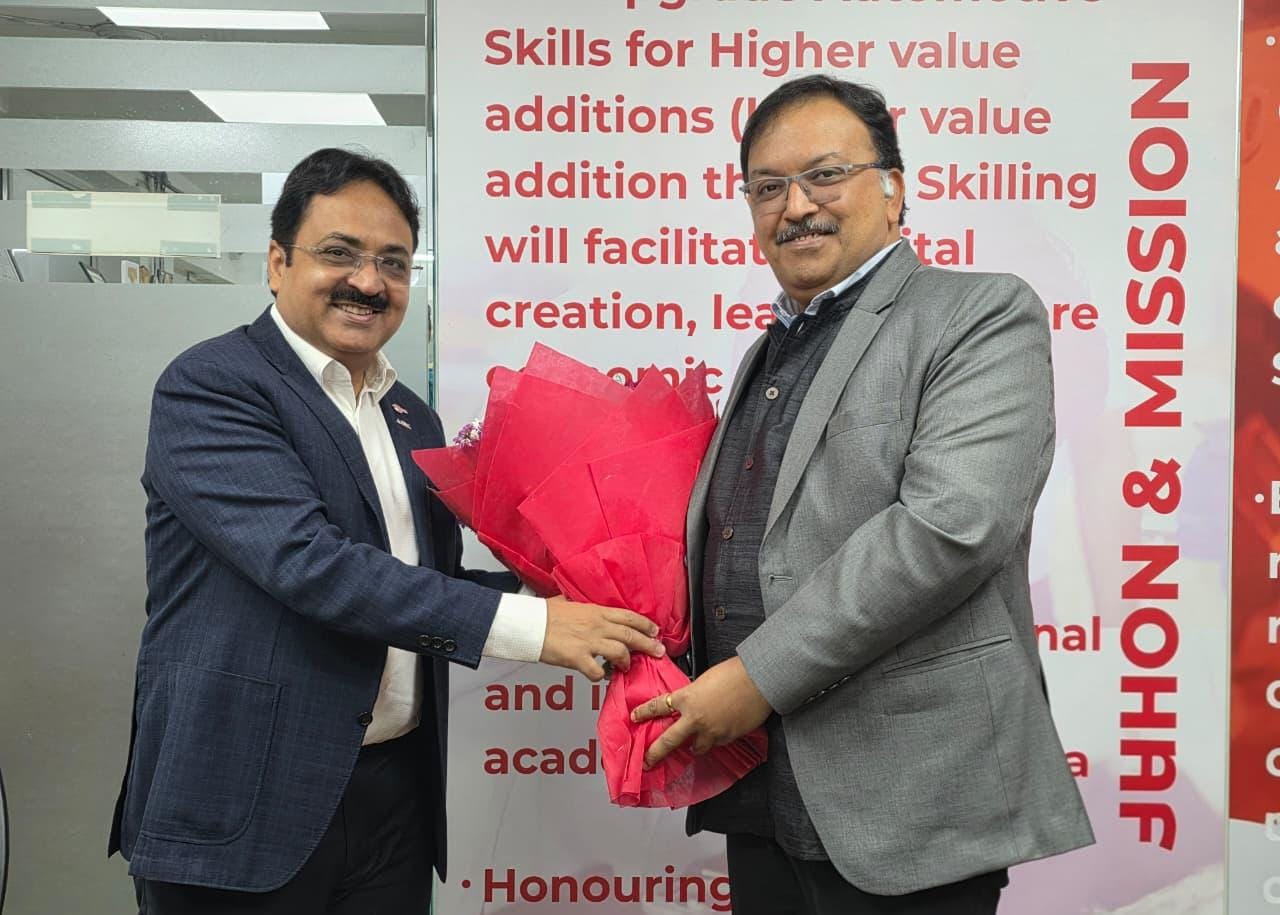
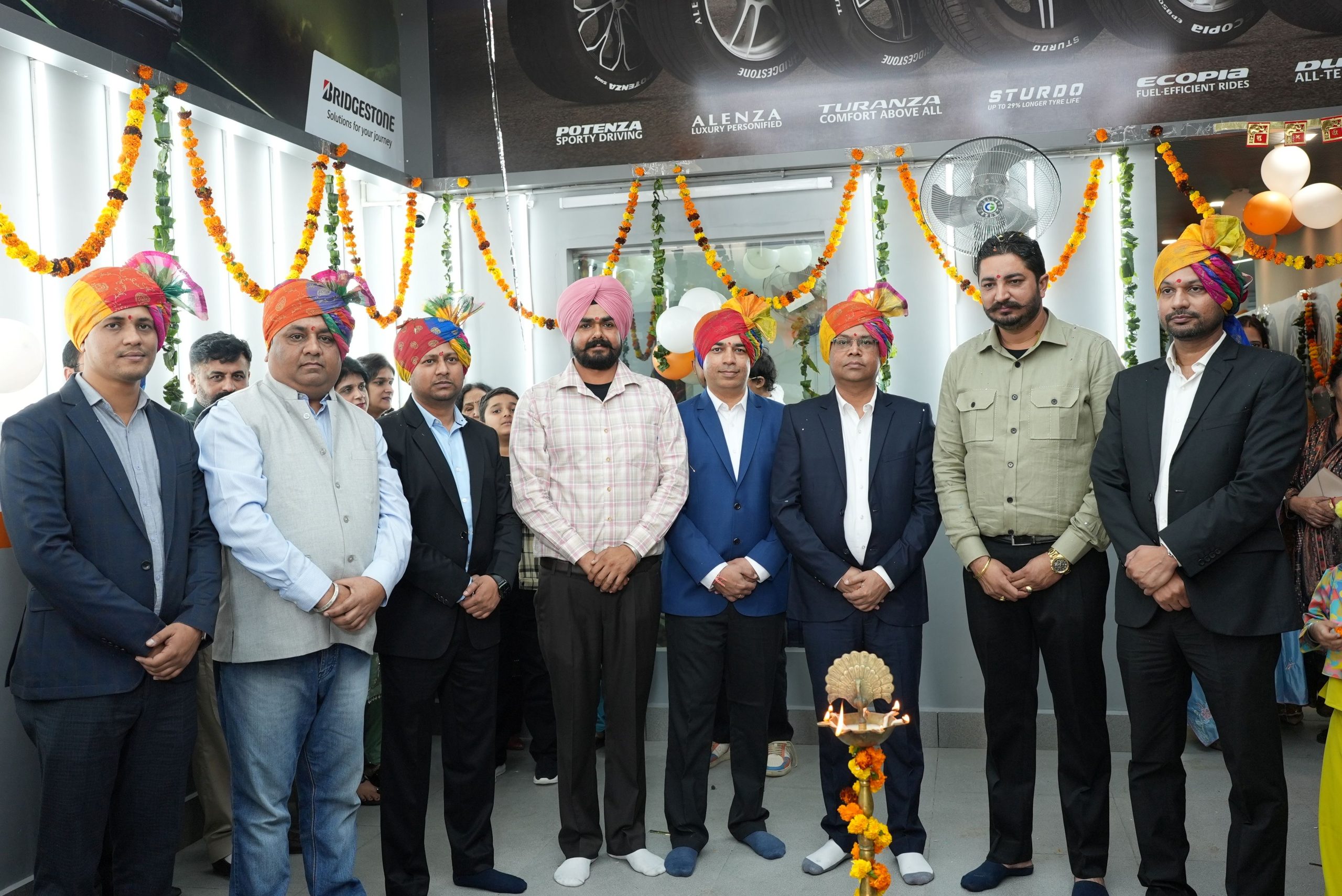
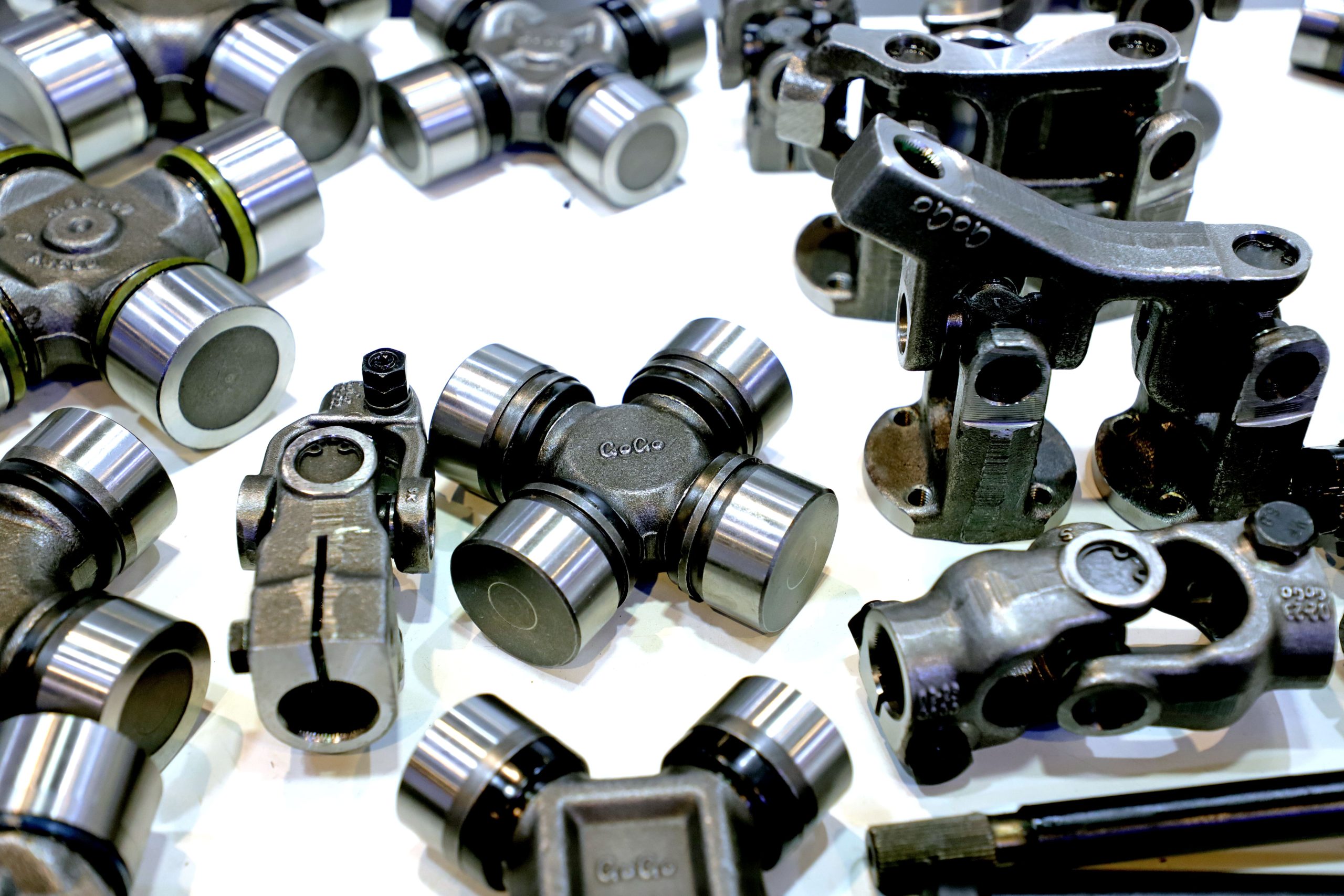
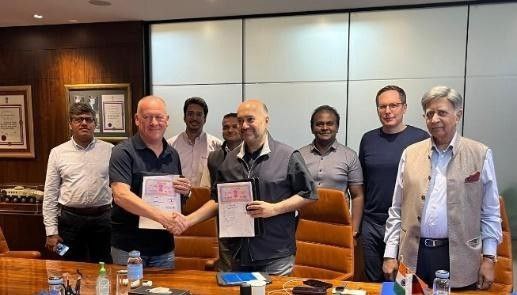
URL
… [Trackback]
[…] Informations on that Topic: autocomponentsindia.com/sansera-bags-volkswagen-order/ […]